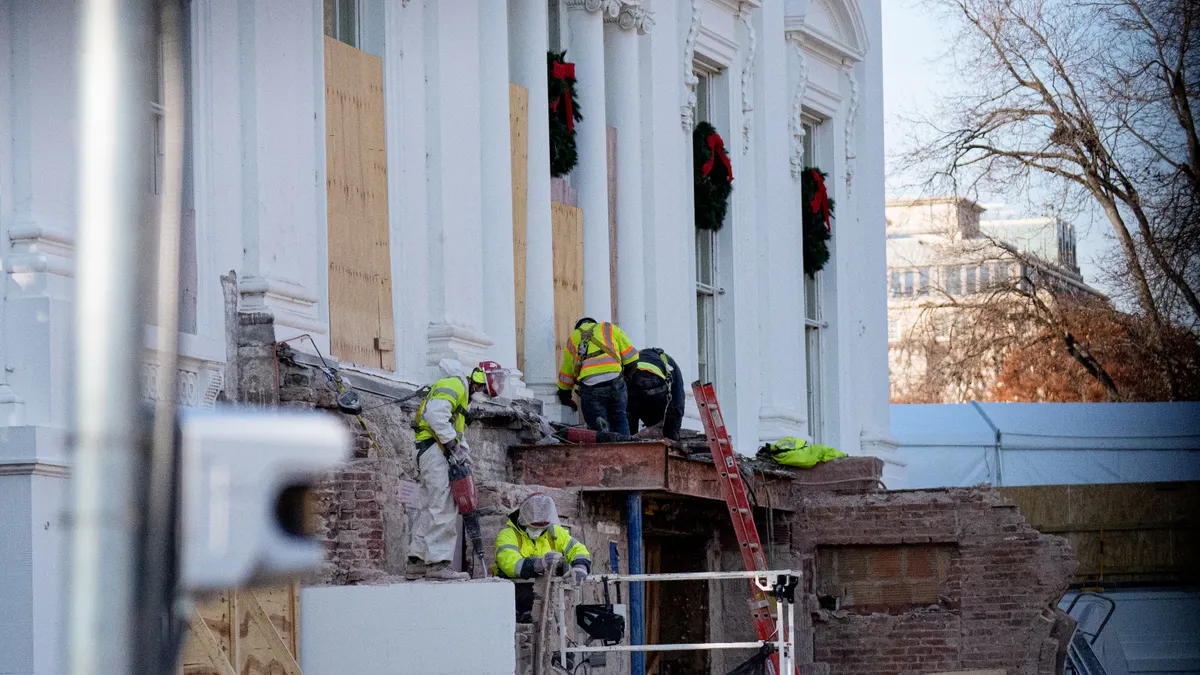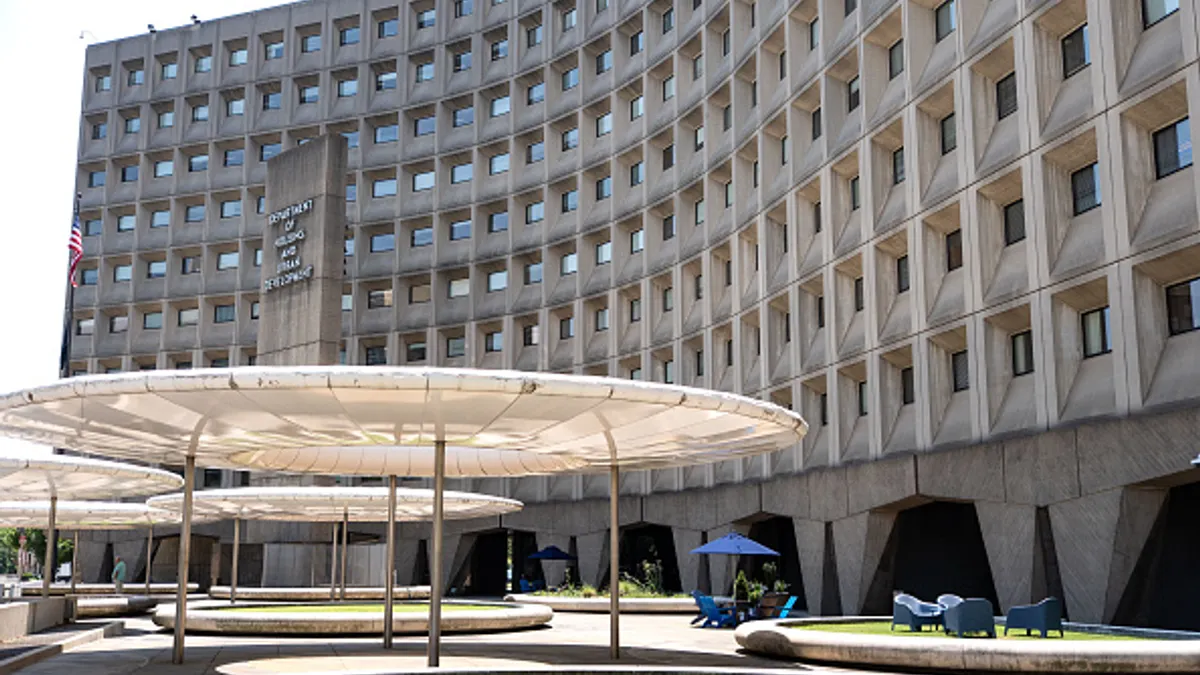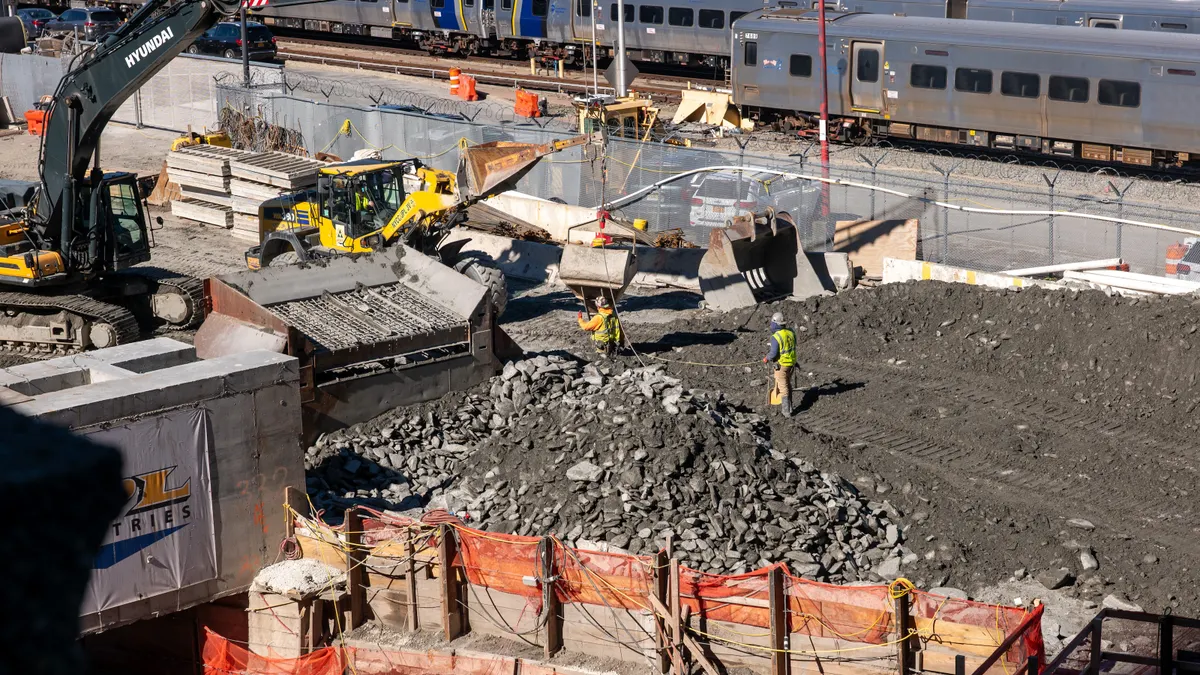Immigrants and the U.S. construction industry have been doing an odd, mutually beneficial dance for decades. Both documented and undocumented workers from places around the world, most visibly from Mexico and Central and South America, have been a source of cheaper labor, and lately they have been helping to fill the gap that retiring baby boomers and young people uninterested in a construction career have created.
In the best-case scenario, the construction industry has been a place where immigrant workers can learn a trade or continue the craft they learned in their home countries. At worst, profiteers have created somewhat of a shell game with networks of undocumented workers led by paper contractors, moving from job to job without too many questions.
However, the latest chapter in the immigration story could land a significant blow to the industry's already stretched labor force.
The Deferred Action for Childhood Arrivals (DACA) program, established by former President Barack Obama in 2012, allowed immigrants 16 years or younger when they were brought into the U.S. and living here since 2007 — among other requirements like enrollment in or graduation from school and no criminal record — to avoid deportation and apply for work authorization under a two-year permit.
One of President Donald Trump’s campaign promises was that he would repeal DACA on the first day of his presidency in January 2016, although it took him until September to pull the plug on the program. The administration said it would take renewal applications until Oct. 5, 2017, for those permits expiring before March 5, but that the so-called Dreamers not filing renewals by that date would have to leave the country upon expiration of their DACA authorization.
In December, the U.S. District Court for the Northern District of California temporarily blocked the Trump order, and mandated that the government accept renewal applications until further notice. The Trump administration did so, but the U.S. Department of Justice has filed a notice of appeal with the 9th Circuit Court of Appeals and said it will also petition the U.S. Supreme Court for direct review of the decision.
DACA played a starring role in the recent three-day federal government shutdown. Democrats refused to agree to fund the government via continuing resolution unless it included an extension of DACA. The Democrats failed at their attempt to force a deal, and it was only when Senate Majority Leader Mitch McConnell (R-KY) promised to bring the issue to a Senate floor vote early next month that Democrats relented and federal funds started flowing once again.
Grumbling from House Republican members that they never approved such a deal, however, likely guarantees that any DACA discussion won't go as smoothly as Democrats hope.
DACA recipients gravitate toward construction
As it turns out, according to CNBC, a little more than 10% of the estimated 700,000 DACA recipients eligible to work are in the construction industry. “That number sounds accurate to me,” said Chad Blocker, a partner at the Los Angeles office of Fragomen, Del Rey, Bernsen & Loewy. “DACA recipients tend to gravitate toward industries where there are labor shortages.”
If DACA worker estimates are correct, that means over the next few years the industry could lose approximately 70,000 workers who are sent back to their native countries. Or maybe not, depending on how many who are now in the DACA program go underground and are able to keep working without documentation.
Those with expired permits are supposed to self-deport, said Blocker, but that might not be the choice some make. “They were living off the radar before DACA was introduced,” he said, “so the likelihood of them going back off the radar is pretty high.”
There could be an unanticipated impact on the construction industry, however, said political analyst and consultant Jeff Bush. “If 10% of DACA kids are in construction, how many of their parents or other relatives are in the industry, the [undocumented] folks who brought those children into the United States?”
Those illegal workers living with DACA recipients could be at an increased risk of a run-in with U.S. Citizenship and Immigration Services because as part of DACA registration, applicants had to provide a current address. The same goes for those nearing the end of their DACA expiration. “They somewhat outed themselves in the process,” Bush said.
But the repeal of DACA is not the first whack that the government has taken at the construction industry, even if unintentionally.
Temporary protected status workers also at risk
The Trump administration last year also began to order the revocation of temporary protected status (TPS) from some immigrants. When there is a natural disaster, armed conflict or some other condition that makes an individual’s home country unsafe, the U.S. government, under certain conditions, might offer certain citizens of that county a chance to live and work here until it is safe for them to return home.
There are about 300,000 people living in this country under the TPS designation. The National Immigration Forum estimates that approximately 23% of those under TPS are in a construction-related trade, meaning that the industry is at risk of losing another chunk of workers numbering as high as 70,000 (although the Associated General Contractors of America has it pegged closer to 37,000).
“Three-quarters of our contractors are having trouble hiring workers,” said James Young, director of strategic communications and congressional relations at the AGC. "You pull DACA eligible people out of the industry plus [those with] TPS, and we don’t really have an answer how we’re going to address that concern looking forward.”
Like DACA recipients, he said, there is fear among those with TPS that they will be targeted for deportation as they have shared their address with the government as part of the application and renewal processes.
Some of the TPS workers, Young said, from Haiti, Guatemala, El Salvador and other countries, have been with the same companies since their arrival and have established roots there, as well as in their communities.
Flexible guest worker program needed
Since 2013, Young said, the AGC has been advocating for a guest worker program that would “ebb and flow” along with the industry’s labor demands. While working, he said, those guest workers would pay taxes and live here as long as their trades were in demand.
But one of the AGC’s greatest concerns, Young said, is that lawmakers, succumbing to political pressure, will come to a DACA deal without addressing the wider issue of immigration. “What are they going to do with the 10 to 11 million [undocumented workers] already here?” he asked.
“We’re stuck in this cycle of them not addressing our real problems,” he said.





















